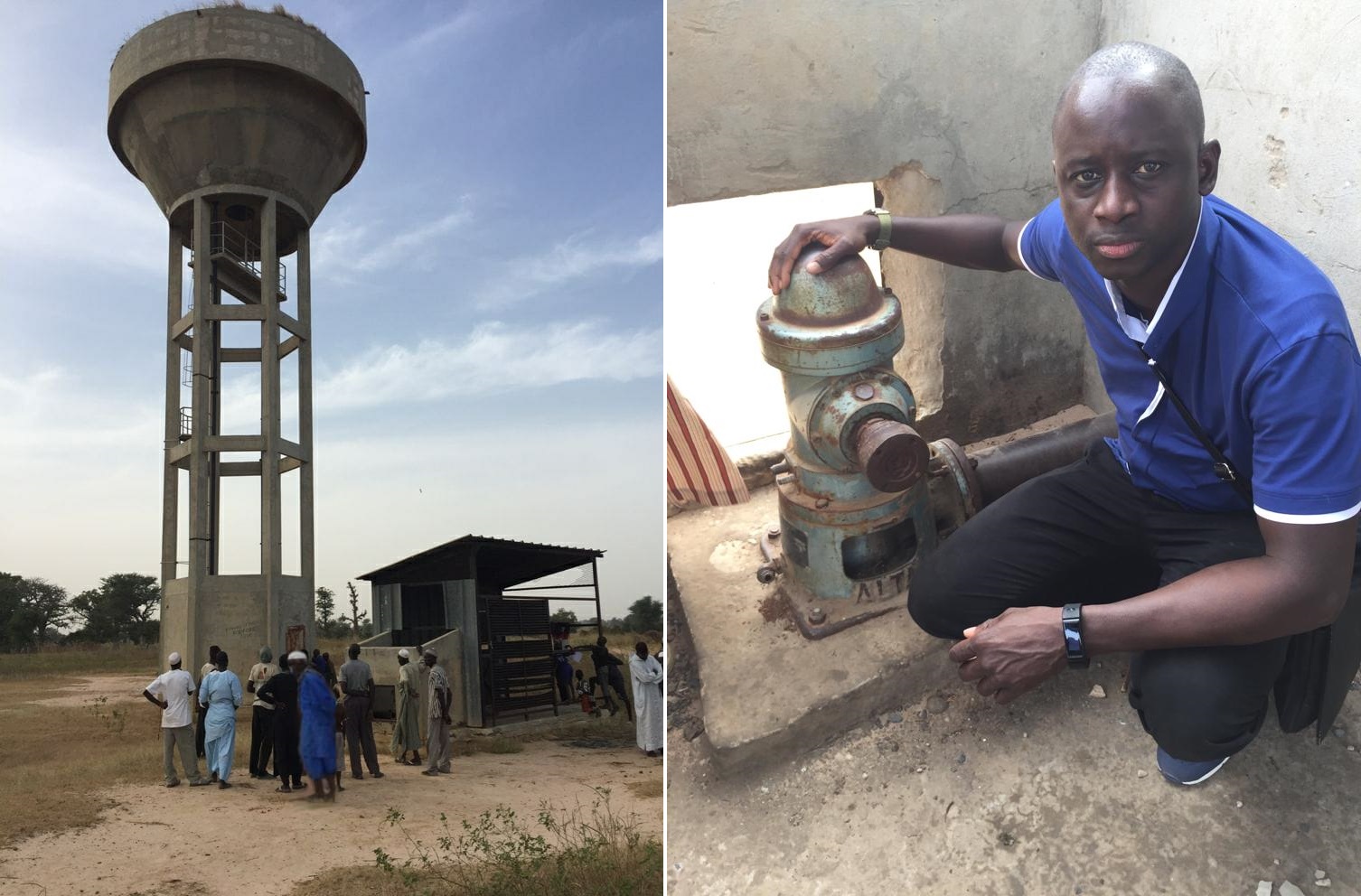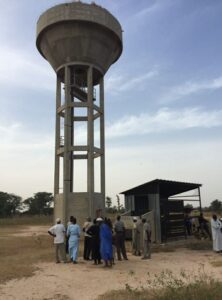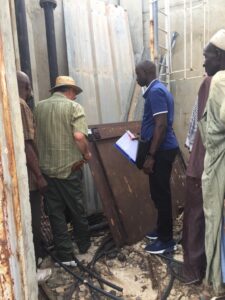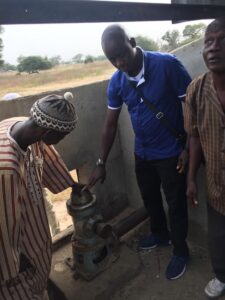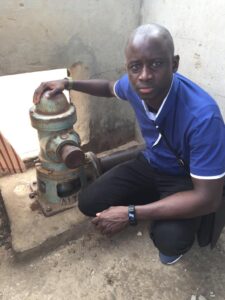The water race: a first step for Mboul-Soucka. Appeal to Canadian engineers
A migrant never forgets his roots. And there are also those who, after leaving their country of origin to start a new life, try to do everything possible to improve the one of those they left behind. This is the case of Semou Diouf (in the pic above), 36, from Senegal who lives in Massa, in Tuscany (Italy) since twenty years, but, like many other young people like him, does not want to give up ties with his native country.
All the more so if it is his Mboul-Soucka, in central-western Senegal, and the villages that surround it: Diouf, in fact, has been working for years on an ambitious project that would solve once and for all an urgent problem for his ex-fellow citizens. The area in question, despite being sufficiently irrigated (both by underground aquifers and by surface basins and canals), suffers from an unsustainable shortage of drinking water: in the Mboul-Soucka area, the latest measurements have revealed an excessive presence of salt and fluorine dissolved in the water, which make it unsuitable for consumption. The already few accessible sources are completely useless, not only for direct use by the population, but even for the productive activities on which the entire local economy is based (mainly agriculture and livestock). Therefore the production is not sufficient for the livelihood of the inhabitants, thus making it impossible even to think of a production dedicated to trade.
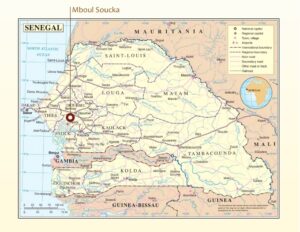
“In 1985 – explains Semou -, when the water conditions were still within the health criteria accepted by the WHO, the Senegalese government had equipped the Mboul-Soucka area with an extraction well, but with the passage of time the aquifer underground has reached today’s fluoride and salinity levels. At that point water extraction was useless and the plant has since been abandoned. For now the citizens of Mboul-Soucka and neighboring villages are stocking up, of course for a fee and covering kilometers (often on foot) to the water network of the neighboring region. This is obviously a temporary solution, also given the progressive and general decrease in available water due to climate change. The inhabitants of this region, abandoned from the institutions and the same companies that profit from their territory, they ask only to be able to use specific technologies for the situation, and, therefore, sustainable both from an economic and a material point of view “.
Semou then began to weave a network of skills that can cooperate to achieve water autonomy for the Mboul-Soucka area. And in the summer of 2017 he returned to his African village to carry out a series of inspections with some technicians (in the photos below).
“Through this network of knowledge – explains Giulia Bertolucci, a young Italian who is helping Semou in the communication campaign of the project – , Diouf has undertaken a collaboration with some engineers specialized in water management, with which to replicate a project, already carried out in Somalia by the same, for the collection and filtering of rainwater. The idea is simple: during the rainy season the water is collected in large tanks, which exploit the filtering capacity of the sand and particular waterproof fabrics, and which obtain the little energy necessary for moving the water through the installation of photovoltaic panels”.
“One of the most obvious advantages of this solution is the long-term sustainability of the structure, thanks to the availability of materials and the ability to reduce dispersions through covers that prevent evaporation. These same factors make the entire project repeatable, without too many modifications, even in the regions around Mboul-Soucka, an eventuality that Semou hopes will be realized thanks to the example of his village”.
“Of course we need everyone’s help – continues Diouf – and for this I would like to appeal to Canadian engineers, to give us help and suggestions, even alternative to those we are evaluating to solve the water problem in Mboul-Soucka and in all that area. Anyone interested can write to semou424@gmail.com “.
The awareness of the need for consumer education and particularly careful water management in an environment such as the Senegalese one is also inherent in the project. Therefore Semou, who knows the reality of Mboul-Soucka better than anyone else, has also thought of a specific program, aimed at empowering and awareness in the use of the new resource.
Mboul-ucka, however, does not intend to settle for water autonomy alone: they are already projects developed in a long series of projects conceived with the aim of diversifying production so as not to depend on the primary sector alone.
In short, Mboul-Soucka is trying to grow and having access to clean water is only the first step on a path, perhaps long but possible, towards the development of Africa.

